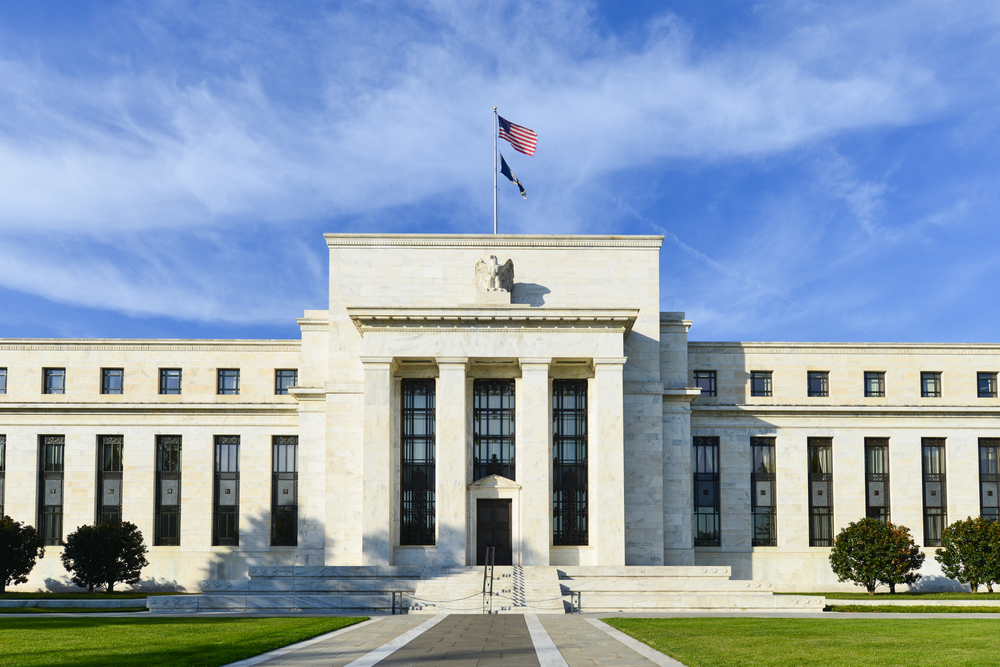Investors flee to safety as recession risks rise
Treasury yields declined on Monday as mounting anxiety over President Donald Trump’s aggressive tariff agenda prompted a rush into safe-haven assets. With sweeping duties expected to take effect this week, markets braced for economic fallout.
The yield on the benchmark 10-year Treasury fell 2.3 basis points to 4.232%, while the 2-year yield slipped slightly to 3.90%. Other key tenors showed mixed movement: the 30-year yield dropped 2 basis points to 4.612%, while shorter-term notes such as the 1-month and 6-month ticked up marginally.
Markets brace for “Liberation Day”
Wednesday marks what Trump has dubbed “Liberation Day,” when the first wave of tariffs will be implemented. Initially expected to target a select list of trade-deficit nations, Trump now says the duties will apply to all countries. Markets remain jittery as uncertainty clouds the scope, enforcement, and duration of the measures.
“The uncertainty around Trump’s tariff policy is creating severe volatility,” said one bond strategist. “Investors are fleeing risk, and Treasuries are the immediate safe haven.”
Recession fears intensify
Economists are dialing down growth expectations in response. A CNBC survey now predicts just 0.3% U.S. GDP growth in Q1 2025, a sharp slowdown from the 2.3% recorded in the same period last year. Some analysts warn of a possible recession if reciprocal tariffs and trade tensions deepen in the coming weeks.
Markets are also looking ahead to further announcements, including additional duties and potential retaliation from global partners. Negotiations may stretch well beyond this week, prolonging economic uncertainty.
Busy week ahead for data and the Fed
Amid the trade concerns, investors must also digest a slew of key U.S. labor market data. Tuesday brings the February JOLTS report, while Wednesday features the ADP private payrolls release for March. The crucial nonfarm payrolls and unemployment data are due Friday.
That same day, Federal Reserve Chair Jerome Powell is scheduled to speak—his remarks may offer further insight into how the central bank will respond to the inflation and growth risks posed by Trump’s trade policies.


